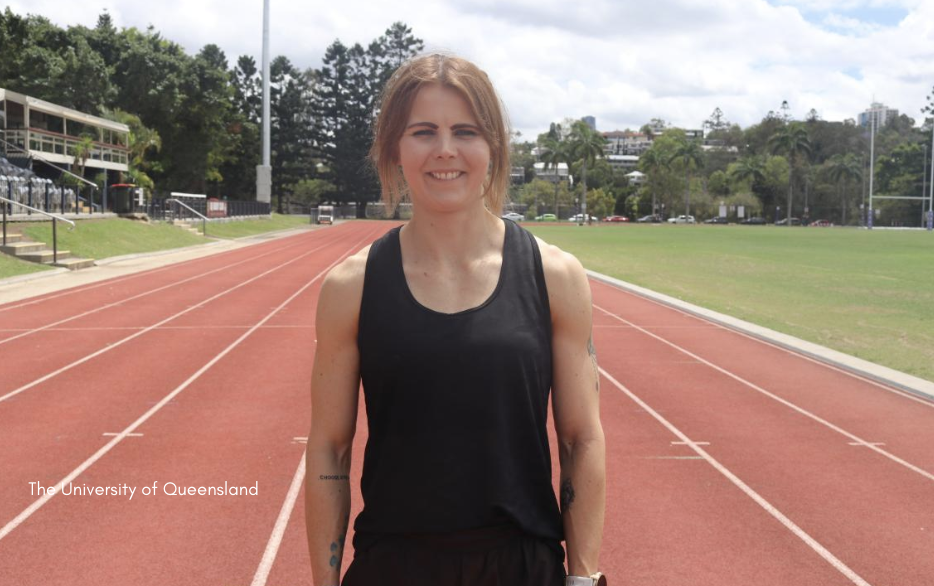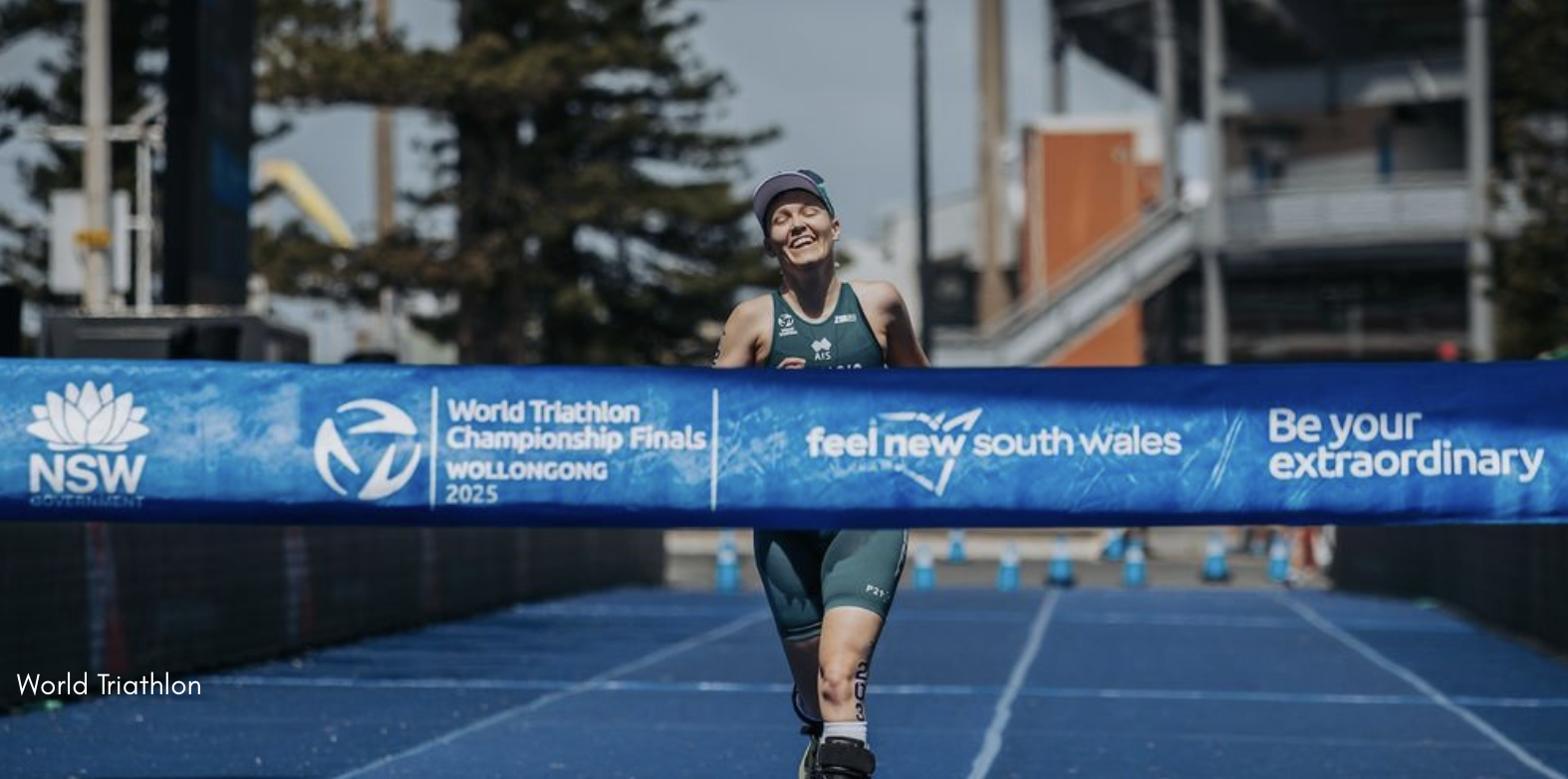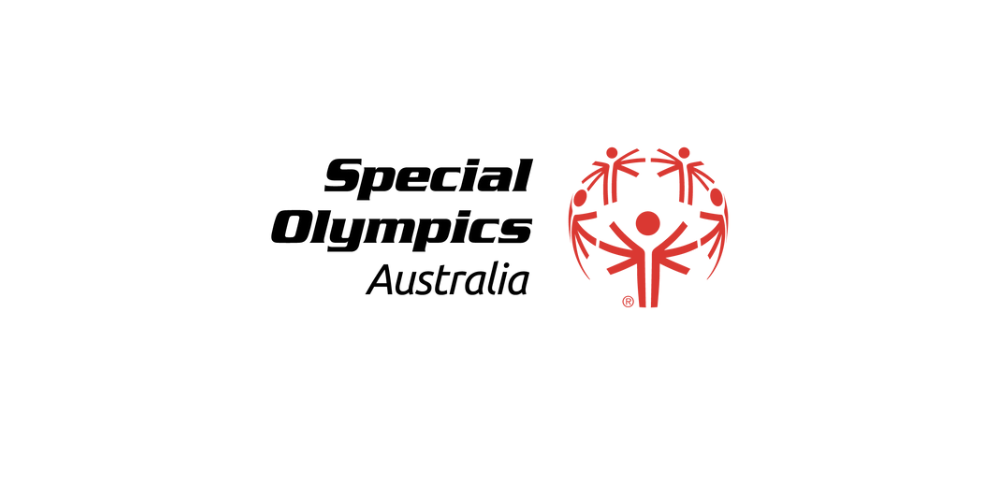Swimming Australia, Experience Gold Coast and City of Gold Coast have announced the event will take place from 20–22 February at the Gold Coast Aquatic Centre, opening the 2026 season at one of the nation’s top aquatic venues.
The move from Melbourne gives athletes a chance to prepare for the outdoor conditions they’ll face at the 2028 Paralympic Games in Los Angeles, where Para swimming will be held at a new open-air venue in Long Beach.
Gold Coast Mayor Tom Tate said, “The 2026 World Series will be the first time the Coast has hosted this global event and we are proud to showcase our para stars, and potential Commonwealth Games Dolphins as the main event.”







